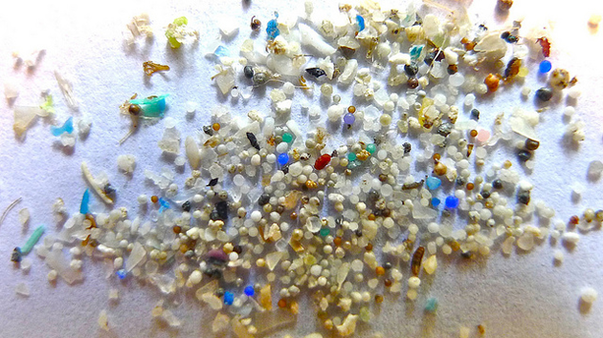 Photo Credit: 5 Gyres Institute Photo Credit: 5 Gyres Institute President Obama signed a new law this week which will ban the use of plastic microbeads in "rinse-off cosmetics"--including face and body wash and toothpaste--by 2017. Called the Microbead-Free Waters Act of 2015 (read the full text of the law here), the law is intended to address growing environmental concerns about the presence of plastic microbeads in our bodies, waterways, oceans, and wildlife. A single tube of face scrub can contain up to 300,000 of these tiny plastic particles, usually made of polyethylene (though they may also be made of polypropylene, poly-e-terephthalate, and polymethyl methacrylate). Many are small enough to make it through the filters in water treatment plant, and estimates suggest up to 300 tons of plastic microbeads are released into US waterways each year. These beads may be mistaken for food and eaten by a range of fish, and can act as toxin "sponges"--absorbing pesticides, phthalates, and heavy metals and increasing their prevalence in the food chain. Microplastic particles are even turning up in the stomachs and tissue of large predatory fish like tuna and swordfish, making clear they are affecting animals that aren't eating them directly. Numerous states have already banned the sale and manufacture of products containing plastic microbeads, and the law faced little opposition even from cosmetic companies, many of which had already pledged to start phasing out plastic from their products in favor of slightly more expensive natural substitutes. To learn more about plastic pollution, watch this 5 Gyres video about microplastics, visit our friends over at Debris Free Oceans, or check out information from NOAA. You can also download product lists for beauty products that don't contain microbeads from Beat the Bead, if you'd like to go microbead-free before 2017.
1 Comment
Virginia sixth-grader Anna C. chose to dress up as our Executive Director Catherine Macdonald for her winter school project. Anna's teacher Mrs. Miller assigned her class to paint a backdrop for, and dress up as, someone famous for an end of the year "wax museum". Most students dressed up as people who are actually famous--authors, actors, and sports stars. Anna learned about Catherine and her research when she was a featured scientist with the Gills Club in September, and decided she would like to do her project on a (not-so-famous) scientist instead. As you can see, she did a fantastic job! At the end of November, Anna reached out to Catherine to answer a few additional questions about herself, and Catherine sent along a Shark Research and Conservation Program field shirt and some fishing line that had been used to catch a blacktip shark the previous week for Anna to use in her project. Below are a few of the questions and answers from their exchange:
Anna: Do you have a pet shark? (I know that that sounds crazy so do you own a dead shark. I do. My sister bought it for me because I love sharks, I LOVE him. I named him Larry. He is a preserved shark in a jar. But I wish that I could have a real pet shark instead.) Catherine: I don’t have a pet shark, but when I was your age I really, really wanted one. It’s enough for me now to be able to be out on the ocean working with them—I feel like that’s where they belong, more than in a tank at my house. When I was in fifth grade, my dad gave me a shark jaw. I wouldn’t buy one today, because I’d rather that the shark got to keep his jaws, but I still have it and it was one of my absolute favorite treasures. Like I’m sure Larry does for you, my shark jaw helped me still feel connected to sharks when I didn’t live near the ocean. I do have a pet dog, named Mazi, who is a rescue dog from Egypt who has only two legs (the front two). I’ll attach a picture so you can see him. He’s the best! Anna: Have you ever been bitten by a shark? Catherine: No, although I have seen someone else get injured while working with sharks (though thankfully not seriously). If you are a shark researcher you recognize that if you are hurt by one of the sharks you study you have no one to blame but yourself—you are responsible for paying attention and knowing what you can do safely. Anna: Do you always work with other people or do you work by yourself? Catherine: The kind of field science I do can be done much better by a team than by any one person alone. So in the field, I always work with other people—you don’t go SCUBA diving without a buddy to help you stay safe! But when I do the hard part of science—sitting down to analyze the data and try to understand what it all means—I am sometimes by myself. But collaborating with other people makes the whole process better. I work with my best friends and that’s a pretty awesome thing to get to do every day.
It's that special time of year again! Every year around the holidays, more than a dozen bird counts take place around South Florida to help assess the health of our avian populations.
This project of the National Audubon Society is the longest running wildlife census on the planet--it's been going on for 116 consecutive years! The count started as an conservation-minded alternative to the tradition of using the holidays as an opportunity to hunt, instead giving people the chance to see and connect with birds without killing them. This year, more than 72,000 birders in 58 countries are expected to participate in the count, which helps track the rise and fall of population levels, and provides long term data that is crucially necessary for evaluating ecosystem and species health (for instance, changes in the timing of migrations provides important information about how bird species will respond to climate change). Last year, volunteers counted 68,753,007 birds from 2,106 species--or roughly a fifth of all known bird species on Earth. You can read some of the findings of the 2014/15 count here or summaries of counts dating back to 1900 here. In recent years in South Florida, the counts have provided hopeful information on numerous species. The Audubon bird count was the first to notice our increasing bald eagle population, or to document growing numbers of Cooper's hawks thriving in urban environments, mostly feeding themselves by snacking on pigeons. This year, the Tropical Audubon Society is especially hoping for more information on some pretty rare species, including the ruby-throated hummingbird and the painted bunting (both birds that migrate long distances, and have routes that take them through South Florida). You can read the Miami Herald's coverage of the count here, or register to participate in your area here. Make sure you check when the count will be taking place near you--the schedule runs from December 14 to January 5. |
Field Notes
Archives
July 2021
Categories |
|
Partner with us! We are always looking for new schools, scientists, and non-profit organizations to partner with. Please contact us here to start a conversation.
Hear from us! Sign up for our newsletter to hear about what is happening at Field School as well as upcoming offers and specials. |

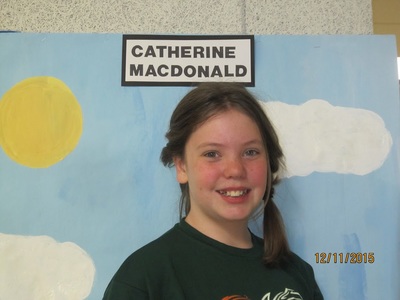
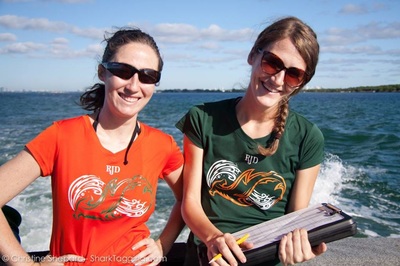
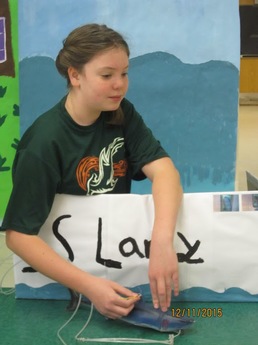
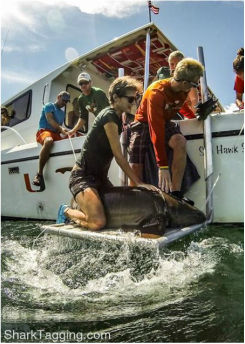
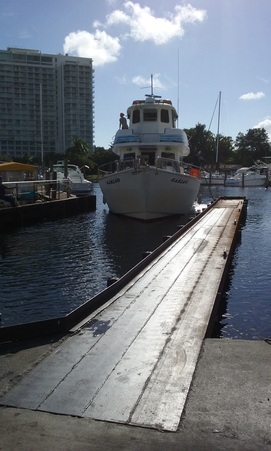
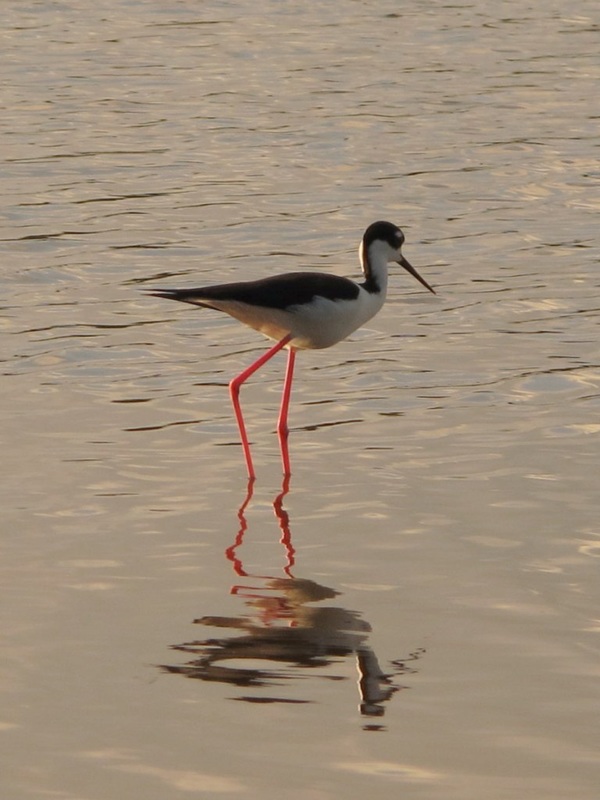
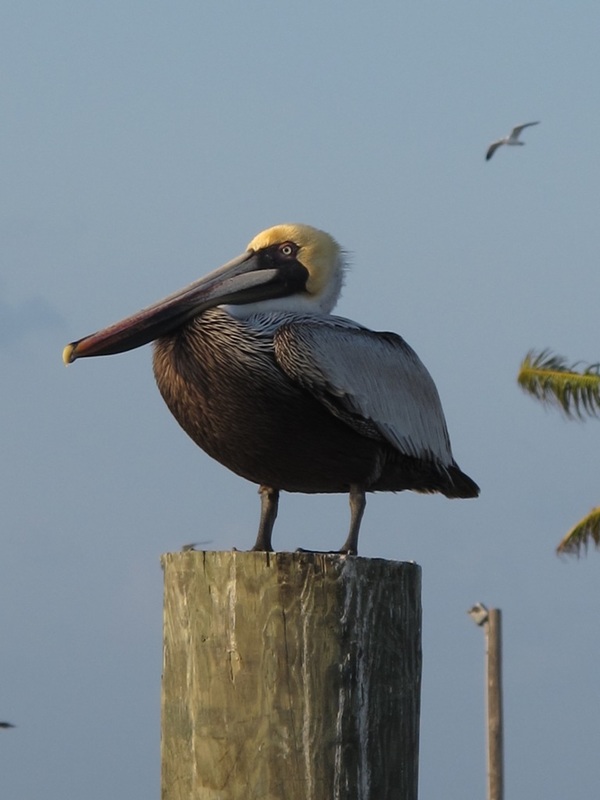
 RSS Feed
RSS Feed